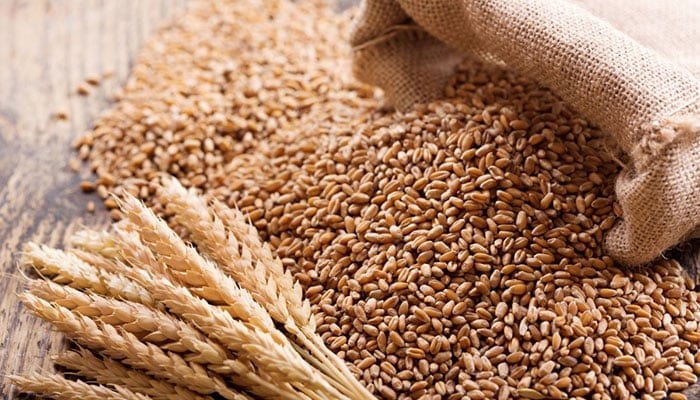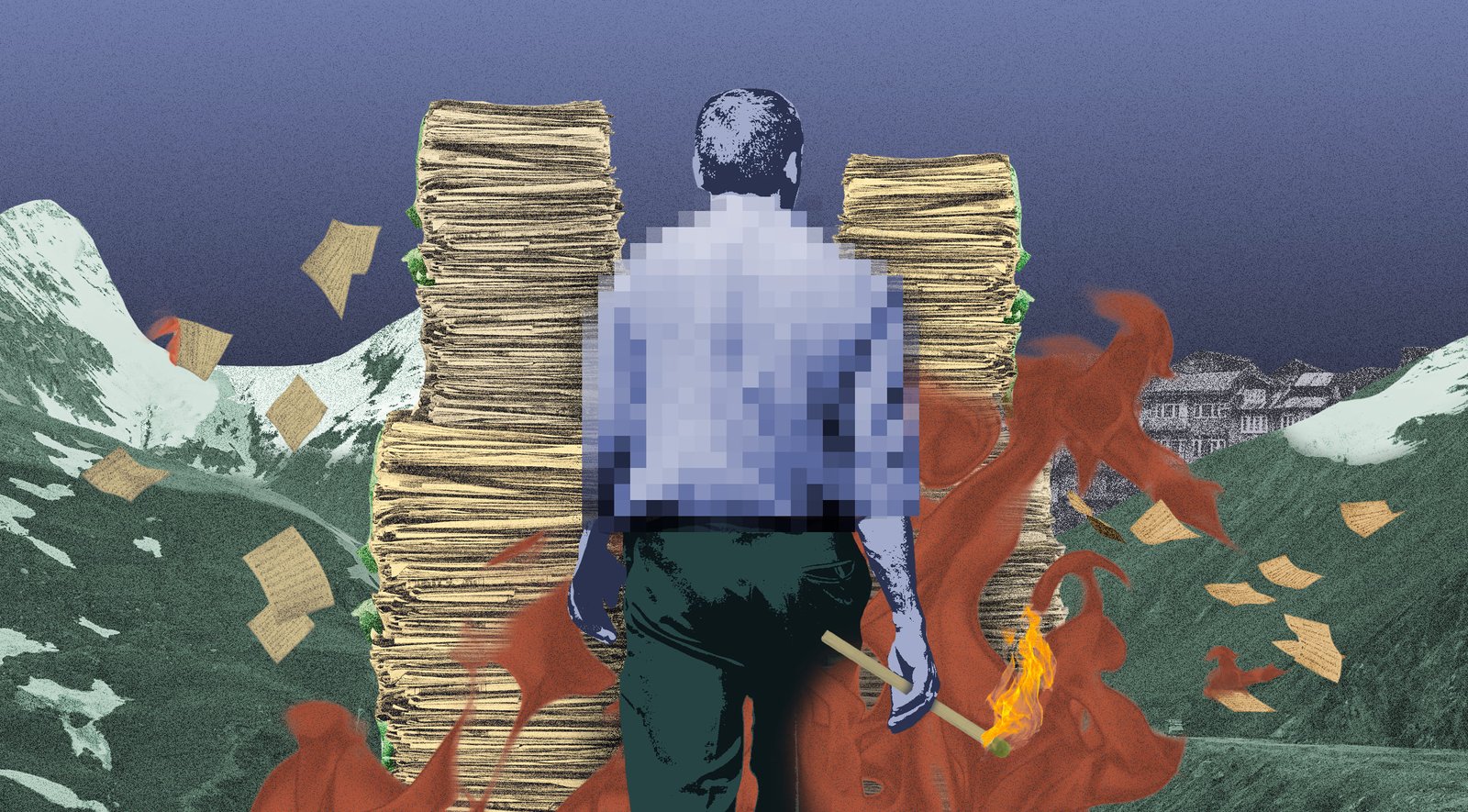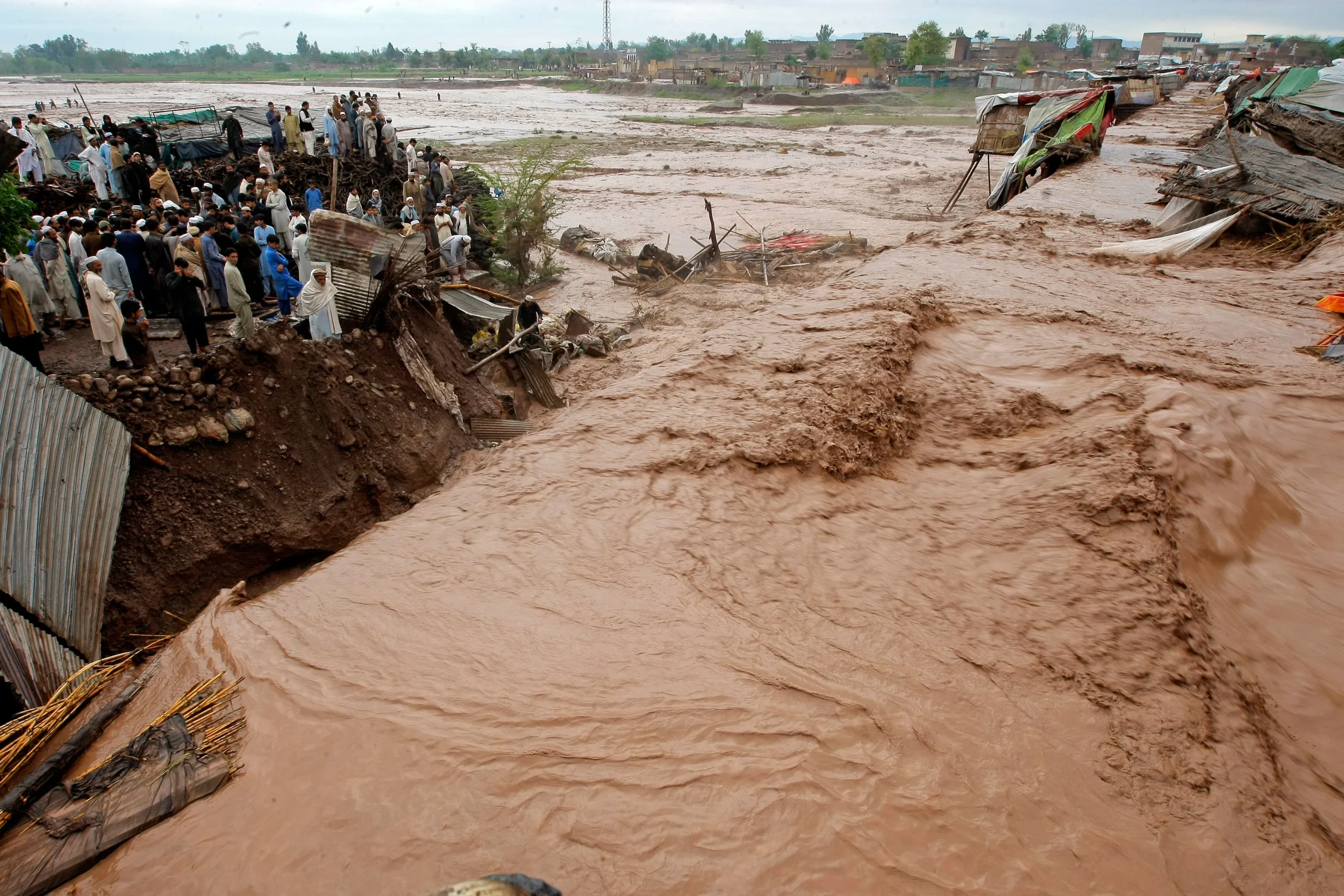Editorial
The decisions made by the caretakers and incumbent governments in Lahore and Islamabad have put farmers in a precarious position. Due to a massive supply surplus and low international prices, wheat prices are set to implode. This will create a crisis for farmers, forcing them to absorb the loss. Even worse, the farmers need prices to be much higher than Rs3,900 per 40kg bag to make a reasonable profit, but international prices have been as low as Rs2,500 per bag in recent months.
The wheat crisis can be traced back to the Russian invasion of Ukraine, a global event that triggered a food panic. At the time, Ukraine was a major global grain supplier, with Pakistan heavily reliant on its wheat. The war led to a surge in wheat prices in Pakistan. While a grain export deal between Russia and Ukraine mitigated some of the increase, the impending expiration of the deal in 2023 prompted Pakistan and other importers to stockpile wheat in advance, exacerbating the crisis.
Last year, a record amount of land in Pakistan was dedicated to growing wheat. However, international prices were not affected as Ukraine had developed new export routes, and the other countries also had bumper crops. This made the caretaker government’s decision to import wheat look like a disaster. Unfortunately, the current government has been unable to set and finance a fair control price, which will further damage many small farmers.
The situation is so dire that even the PTI and PML-N members of the Punjab Assembly found common ground, criticizing the provincial agriculture minister over the government’s decision not to buy wheat due to the existing surplus. The limited storage capacity means crops could go bad in the field, exacerbating the crisis for farmers.
While the PM has taken some steps to address the crisis, such as directing Pasco to lift wheat stocks and raising the procurement limit, these measures may not be sufficient to avert the impending disaster. The stocks held by the farmers currently stand at 4 million metric tons, and if the government does not act swiftly, many small farmers will bear the brunt of the crisis. It is crucial that the government takes immediate action to set and finance a fair control price for wheat, not only to support farmers but also to ensure food security for the country.

















